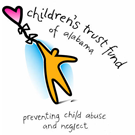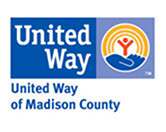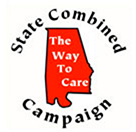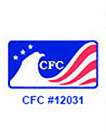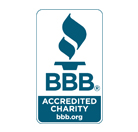 Intensive forensic interviewing training programs provide an excellent foundation for a professional who is new to child forensic interviewing. Such programs, usually a week in length, familiarize trainees with basic memory principles, the best questioning approaches for eliciting information, a review of children’s developmental capabilities and issues, and recommended techniques for transitioning a child to the allegation-focused portion of the interview and gathering a detailed description of experiences.
Intensive forensic interviewing training programs provide an excellent foundation for a professional who is new to child forensic interviewing. Such programs, usually a week in length, familiarize trainees with basic memory principles, the best questioning approaches for eliciting information, a review of children’s developmental capabilities and issues, and recommended techniques for transitioning a child to the allegation-focused portion of the interview and gathering a detailed description of experiences.
However, research demonstrates and practitioners agree that training alone is not adequate for developing the sophisticated skillset necessary for eliciting the best quality and quantity of information from a child. Mentoring or supervision by an experienced and skilled child forensic interviewer or an opportunity to participate in an effectively run peer review group increases the likelihood that new interviewers will put their newly acquired skills into practice. While strongly recommended, some forensic interviewers do not have access to these types of support and oversight for a variety of reasons (financial, geographic, lack of administrative support).
The purpose of the National Children's Advocacy Center (NCAC) formalized mentoring and consultation process is to provide participants, trained in a nationally-recognized child forensic interview model, the opportunity to receive personalized feedback on two recorded forensic interviews, engage in group discussion, examine current research and literature related to the field of forensic interviewing, as well as hone basic interviewing skills.
Applications will close on January 12, 2024. Applicants will be notified of their status by January 16, 2024.
For more information, email Alex Haynes.
This project was supported by Award No. 15PJDP-23-GK-01575-JJVO awarded by the Office of Juvenile Justice and Delinquency Prevention, U.S. Department of Justice. The opinions, findings, and conclusions or recommendations expressed in this presentation are those of the author(s) and do not necessarily reflect the views of the Department of Justice or grant-making component.


